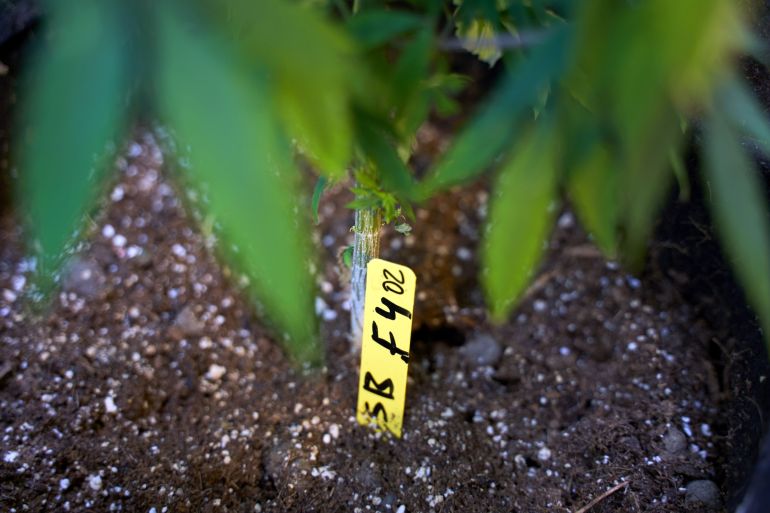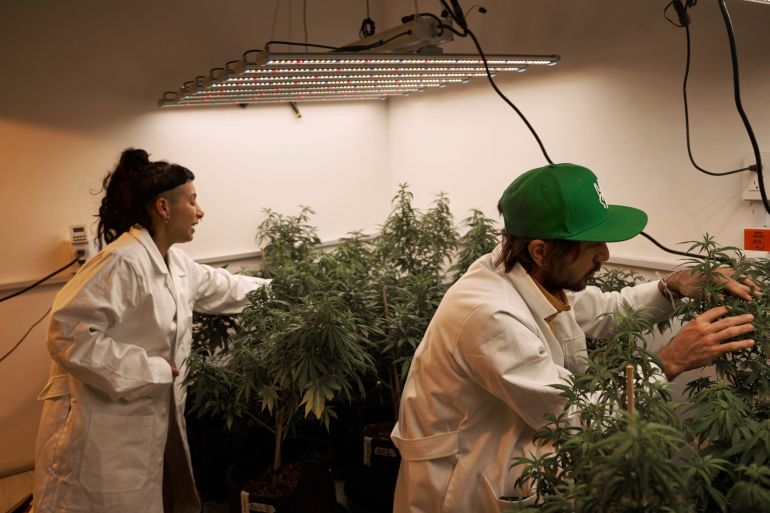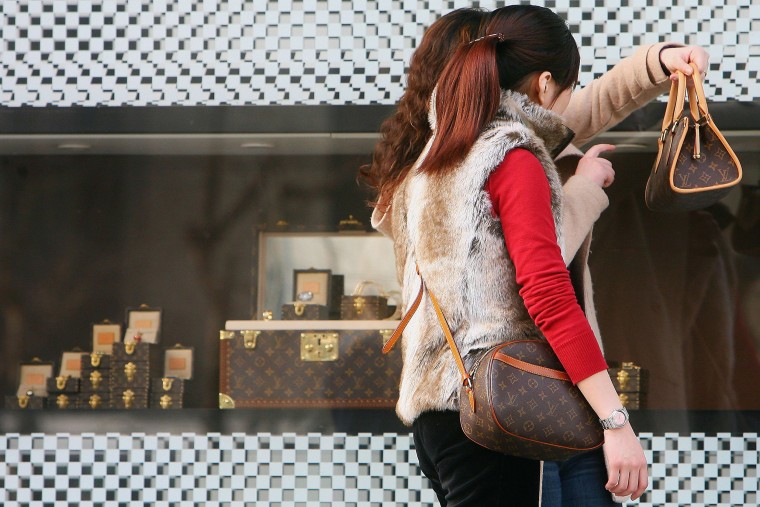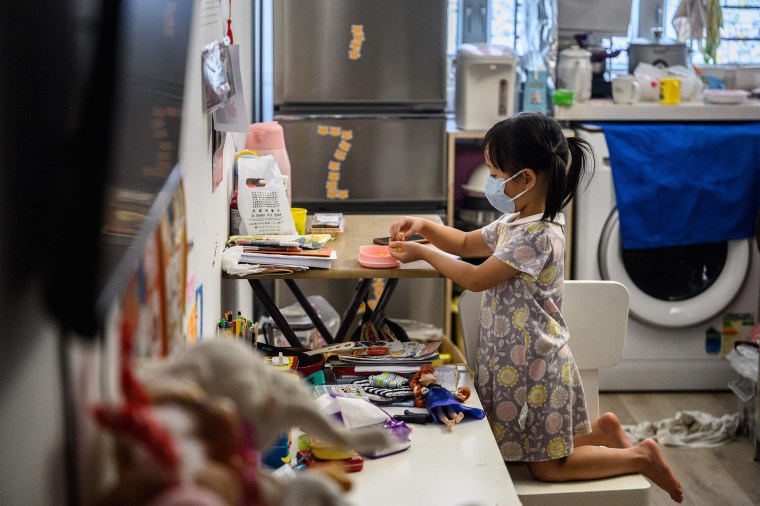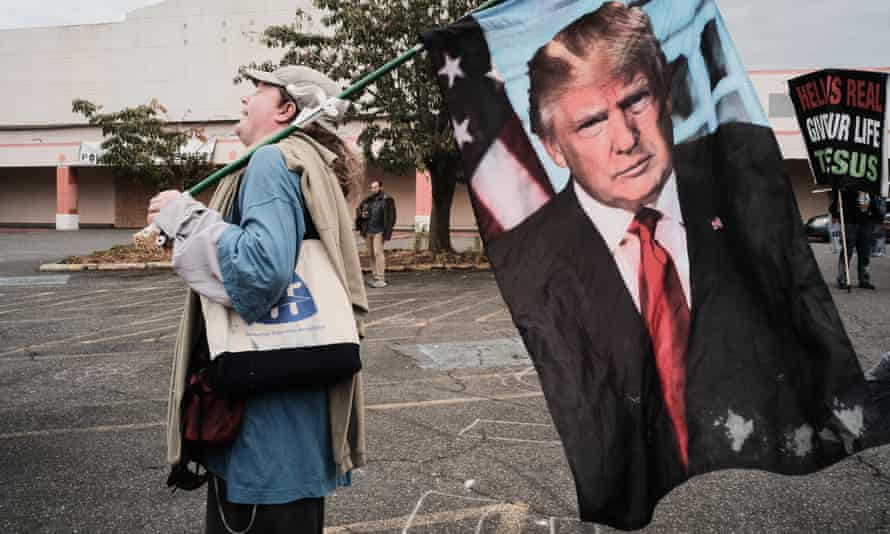The Pandemic Turned Me Into a Witch
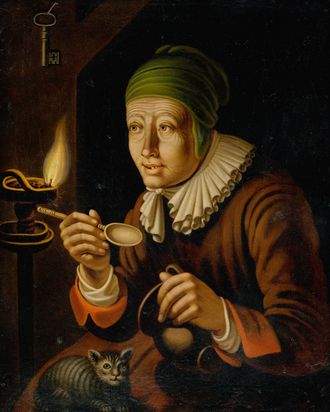
Photo: Fine Art Images/Heritage Images via Getty Images
It was over dinner at the local Italian family restaurant in my hometown of Burnaby, British Columbia, that my father first told us he believed he was cursed. My father, an Italian immigrant whose two usual go-to lines are “go to bed” and “what is your job?”, had the red-wine mouth of a Star Wars villain; he started to get chatty. A curse, he told us, had been placed on him when he was a young man in Italy and he brought along the curse when he emigrated to Canada. It’s the reason he has anxiety (which he calls “being sick”) and the reason for anything bad that has happened to our family. When pushed on it further, he claimed he had proof. A witch (a strega, in Italian) had once cracked an egg in front of him and the yolk poured out black.
That story, believe it or not, explained a lot. Like why my older aunts constantly warned me against people putting curses on each other; or the way they said my nervous cough was something more than just a bad case of GERD; and that I’d been taught to believe that open windows would “let the evil in.” One time I visited one of my oldest aunts in Burnaby and four other Italian widows, all wearing black, showed up out of nowhere and spent the day feeding me meatballs and complimenting me. I left feeling superhuman; was this a coven? It wasn’t, but still. Witchcraft was, in some way, part of the family.
A few years after that “curse” dinner, my family gathered to celebrate my dad’s birthday. His birthday falls near the Epiphany, a celebration of the 12th day of Christmas. One of my older, impeccably silver-haired aunts came up to me and asked in Italian if I remembered her: “Ti ricordi me?” I said yes, obviously, but she asked again if I knew her. “Lo sono Befana,” she joked, claiming she was the Befana. Known mostly as the Italian gift-giver, La Befana appears on Epiphany Eve, flying around giving toys to good children and garlic or coal to the naughty ones. A witch who loved Christmas?! I thought, Legendary.
This was also around the time that I’d begun the immigration process to be with my husband in America — an especially stressful life change for someone who up until then had never lived more than ten miles from family. We got married and moved into our first home together in L.A., and soon after found ourselves browsing the local mainstay witch store, House of Intuition. It’s the kind of place that sells “moon ritual items” and “healing boxes.” Turns out, we’d both been into witchcraft at a young age, even owning versions of the Book of Shadows, thanks to Charmed and The Craft.
Growing up Catholic, I attended Catechism, a weekly religious school where I was constantly in trouble for giggling. (Like that time a priest was illustrating how large the ceremonial pillar candle was by, uh, using a long stroking motion with his hands.) There, I was taught that witchcraft was sinful. Now, in a store dedicated to witches, I felt like I was getting to enjoy, wait for it, a forbidden fruit. At House of Intuition, after a detour in crystals (they’re pretty), I headed straight to the shop’s candles-and-oils section. A wall full of prayer candles of every color stared back at me. There were candles for everything: positivity, success, even ridding of spirits, which is a candle I refuse to buy just in case the spirits of my mom and sister won’t like it. We settled on the House Blessing candle and Creativity candle.
At home, we followed the instructions, oiling the wick with the corresponding intention oil while mentally imbuing our intentions onto the candle before letting it burn entirely. We were back in the shop every other week after that. It became a ritual for us, lighting a candle when we felt like we needed a boost of magic in our life: an upcoming deadline, a writer’s block, just a bad funk of negativity.
Fast-forward a couple years into living in America, and I was finally feeling more comfortable and less anxious about being in a new, big city in a new, big country — then the pandemic hit. Without warning, I felt farther away from my family than ever before with the border between America and Canada shut down. As someone who already suffers from very bad anxiety, I was struggling. So I did the only thing I could think of: ordered more candles and oils online.
Here’s the thing about doing spellwork: The process forces me to take note of where I am, what I want, and where I want to go. It grounds me in a way that makes me feel connected to a world that I can sometimes feel outside of. When the pandemic began and someone I care for deeply became very sick, I did a spell to feel hope that I would see her again, that the vaccine would happen, that we would be reunited once more. And yes, it really, seriously did help. From there, I did spells for everyone/thing: family members who weren’t feeling well, friends who needed help not texting exes, at least one divorce settlement.
Despite the passed-down traditions of believing in curses and witches, I didn’t tell my family about any of this. (Telling some old Catholics you’re doing a spell usually doesn’t go over well.) They prefer to ask for prayers, which is what this was, in a way — hoping for, and visualizing, good vibes for my loved ones sans all the baggage that comes with being queer and raised Catholic.
Sure, there is the part of my brain that knows the act of my oiling a wick, while picturing someone or something and imagining we’re in the same space together, has no real-world effect on, say, my family’s well-being. But in that brief moment, after oiling the wick, imagining the cells in their body creating protective antibodies, my brain feels calm. And that, even if just for a second, gives me a sense of control amid chaos. For someone who had given up on spirituality after trying to “pray the gay away,” I found something I had unknowingly longed for. Oh, and as for my dad’s curse, he claimed two years ago that the spell had been lifted. The woman who cursed him must have passed away, he says. If anything else happens, at least he has a witch in the family now.











